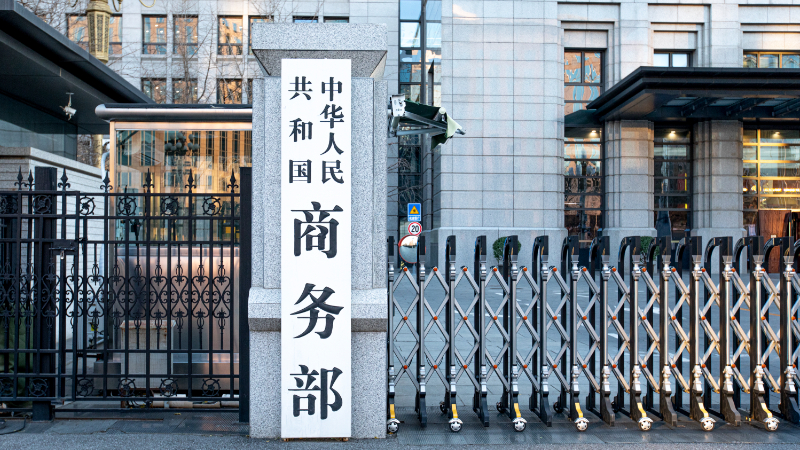On October 9, the Ministry of Commerce (MOFCOM) announced export control measures on medium and heavy rare earths. The move, framed as a legal step to refine China’s export control system, aims to prevent military misuse, uphold non-proliferation obligations and protect global industrial and supply chains. Eligible civil uses will still receive licences, and prior notifications were made through bilateral dialogue channels.
MOFCOM says the impact on supply chains will be limited. It plans to review applications in line with regulations, grant licences for compliant exports and explore facilitation measures like general licences and exemptions. Businesses with civil-use needs can expect approvals, underlining that these measures are not full bans.
The U.S. response on October 10 included a proposed 100% tariff on rare earth imports and new export controls on critical software. MOFCOM criticised this as double standards, contrasting the U.S. Commerce Control List’s more than 3,000 items with China’s roughly 900-item list, and denounced overly broad “de minimis” rules. The ministry urged the U.S. to respect mutual commitments, resume dialogue and manage differences on an equal-footed basis.
In reaction to U.S. port fees set to take effect on October 14, China announced countermeasures: special port fees on U.S.-linked vessels, justified as passive defence under international ocean shipping regulations. These steps underscore China’s drive to safeguard its maritime interests and maintain a level playing field.
MOFCOM concluded by calling for continued use of existing consultation mechanisms, mutual respect and dialogue to ensure the stable, sustainable development of China–U.S. economic ties.
Reference(s):
Full text: MOFCOM on China's export controls, other trade policies
cgtn.com




